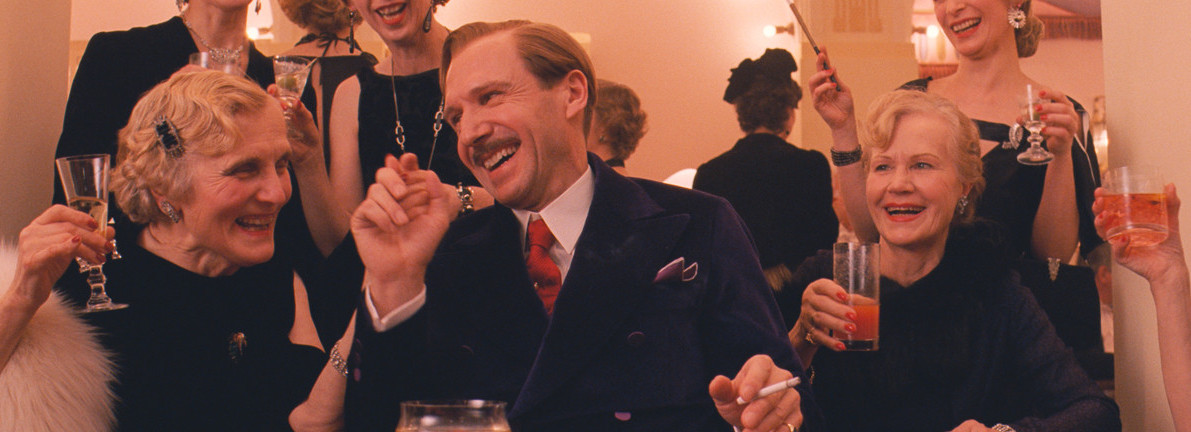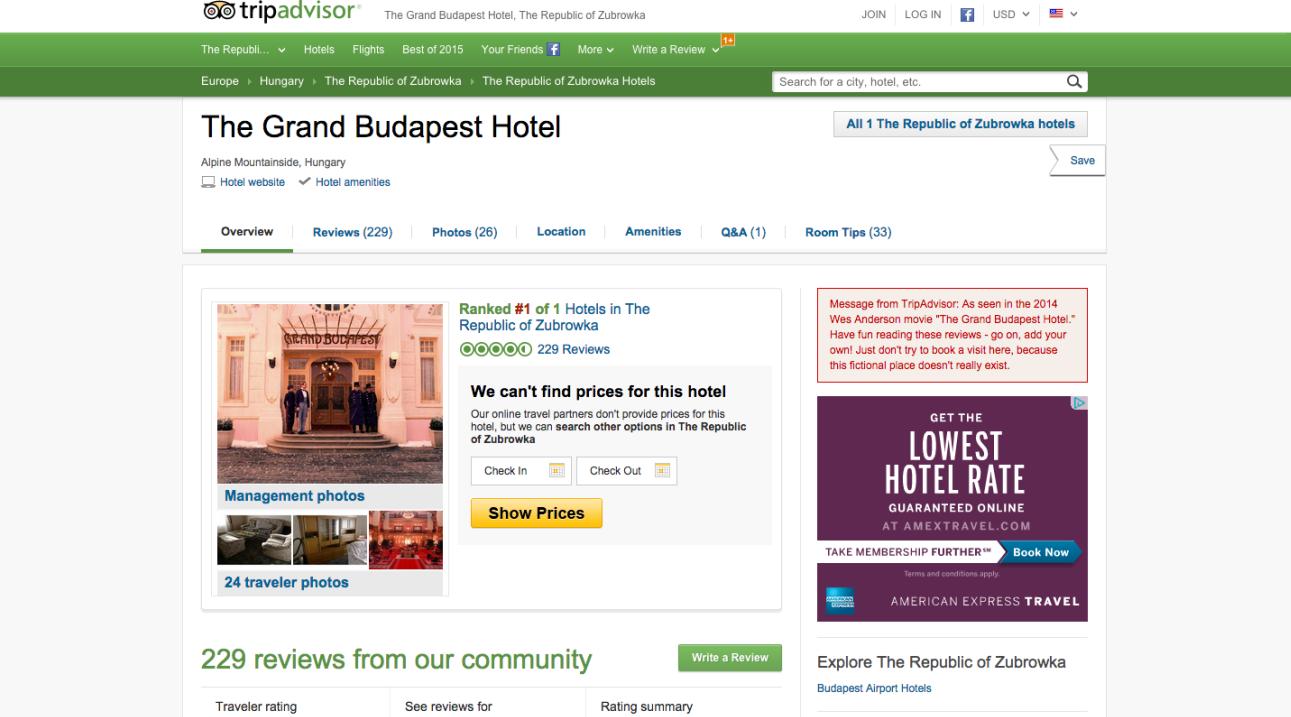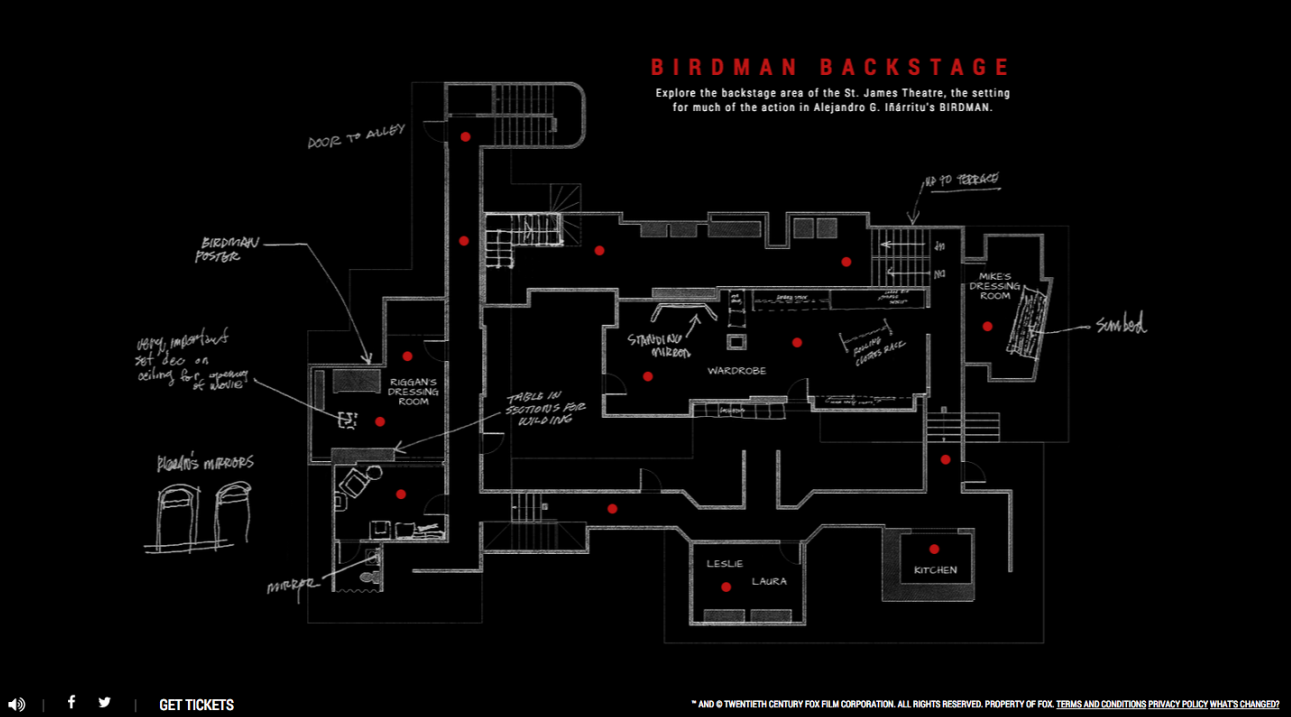As an industry where audience-pleasing, consumer-centric storytelling rules, the entertainment category offers us some incredible examples of content marketing done well. In fact there are entire agencies committed to marketing movies in new, innovative ways. And why not? The best content marketing tells complex, character-driven narratives that engage and excite viewers, making film and TV a natural fit for the medium.
Let’s take a look at how three Oscar nominees for Best Picture have created content that delights moviegoers while promoting each of the films’ standout storylines in nontraditional ways.
THE GRAND BUDAPEST HOTEL ON TRIP ADVISOR
Wes Anderson is known for telling strange stories with quirky characters using his own decidedly vintage flair, and 2014’s The Grand Budapest Hotel is no exception. Told in the mysterious and fictitious Republic of Zubrowka, Anderson built such a realistic world that viewers felt they intimately knew both the characters and the luxurious hotel itself. Enter TripAdvisor. The travel site created a listing for The Grand Budapest Hotel, turning it into an iconic location that has inspired more than 200 reviews from “guests.” While most of them are glowingly positive, even the negative ones show clear imagination and wit. Clearly alluding to concierge Gustav H’s penchant for older wealthy ladies, user IanH writes:
“I booked my elderly mother in for a celebratory birthday week allowing her to take in the view and sample the local confectionary delights. She returned in somewhat of a daze and unable to adequately explain why she appeared flustered and had taken to a passion for romantic poetry. At night she is now prone to asking to see the concierge!”
Not only is this a truly unique way of creating additional promotion, but it’s also a thoughtful use of user generated content that allows viewers to cleverly express their love of the film.
BIRDMAN BACKSTAGE, FOR YOUR CONSIDERATION
First-time nominee Alejandro Iñárritu wrote and directed Birdman to show the fall of Riggan Thompson, a once-iconic actor who puts his career, family and sanity on the line as a last-straw effort to reclaim his lost notoriety. The storyline follows his battles along with his costars and daughter, moving fluidly in what appears to be a single shot that travels through the days leading up to the opening of his Broadway. To give viewers a look behind the scenes and honor award season, the brains behind Birdman created a website that is as complex as the film itself. BirdmanBackstage.com pulls in a rich library of content that includes from a map of the theatre, the full script, a fictional trailer for the original Birdman movie, quotes, GIFs, music, and footage. Great content shares a few common traits: compelling visuals, added value for the audience and shareability. While the Birdman Backstage experience touches on all three tiers, it goes one step further by repurposing and reimagining existing content into something new that invites discovery.

BOYHOOD ON TUMBLR
Like Birdman, Richard Linklater’s Boyhood was another ambitious example of large scale, cinematic storytelling that broke all the rules. Boyhood was filmed over the span of twelve years, following the journey of (then) six year old Mason Jr. as he moves from childhood to early adulthood. The result is both epic and poetic, requiring almost as much commitment from its audiences as its actors and depicting a number of tangled relationships and subplots that meander as time presses on. Because of its sheer chronological spread, developing a web experience that touches on the film’s characters and paths makes total sense. The site combines the obligatory featurettes and galleries with some more unexpected content, including a timeline of Mason’s life. What really stands out about this blog is its use of Tumblr, leveraging the #tbt trend to pull in numerous pop culture references (images and GIFs of Harry Potter, DragonballZ, Pokemon, and Hey Arnold, to name a few) that tie back to the eras explored in the film and create bite-sized pieces of shareable content.
As marketers look to film and other entertainment to inform the strategies and tactics for creating and distributing content, the entertainment category will continue to lead the charge in inspiring applause-worthy content blockbusters.


